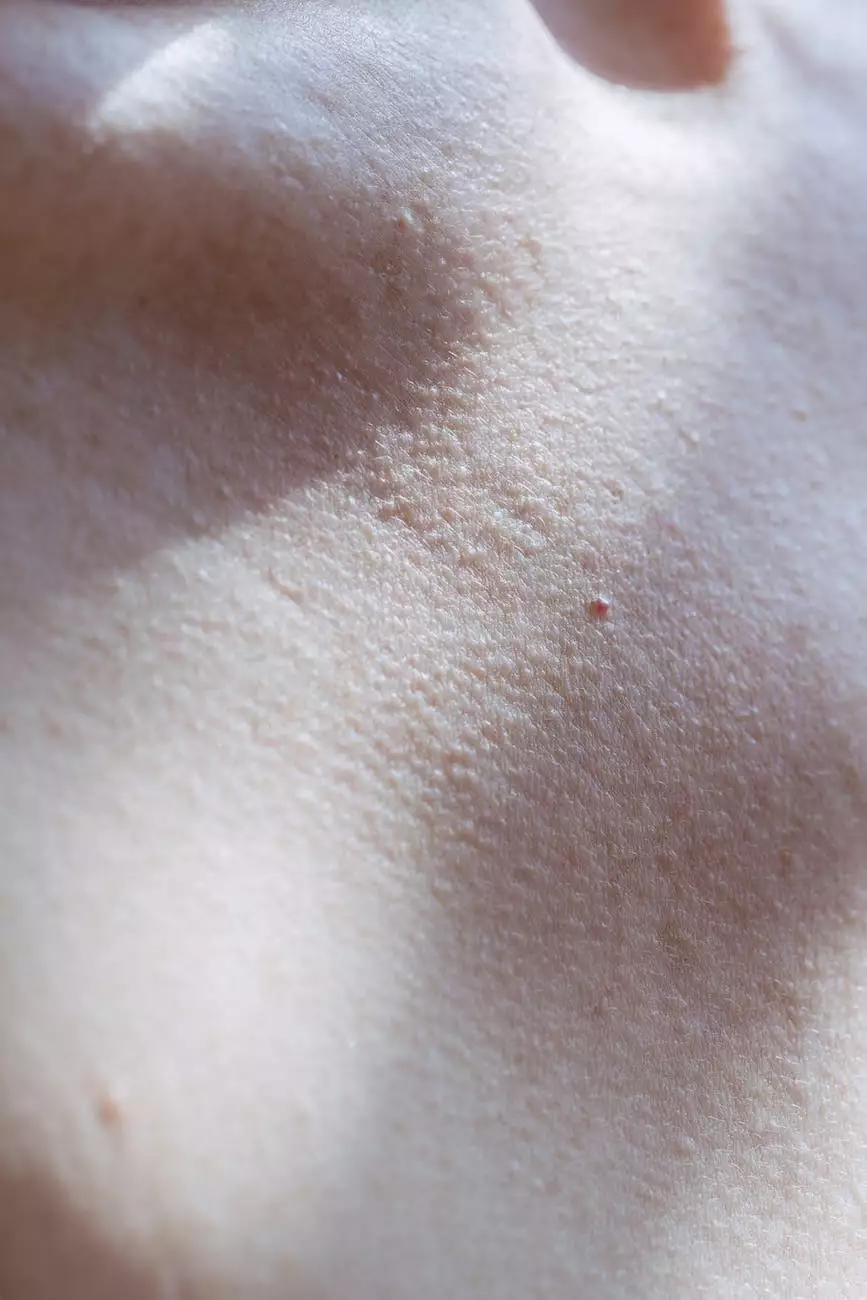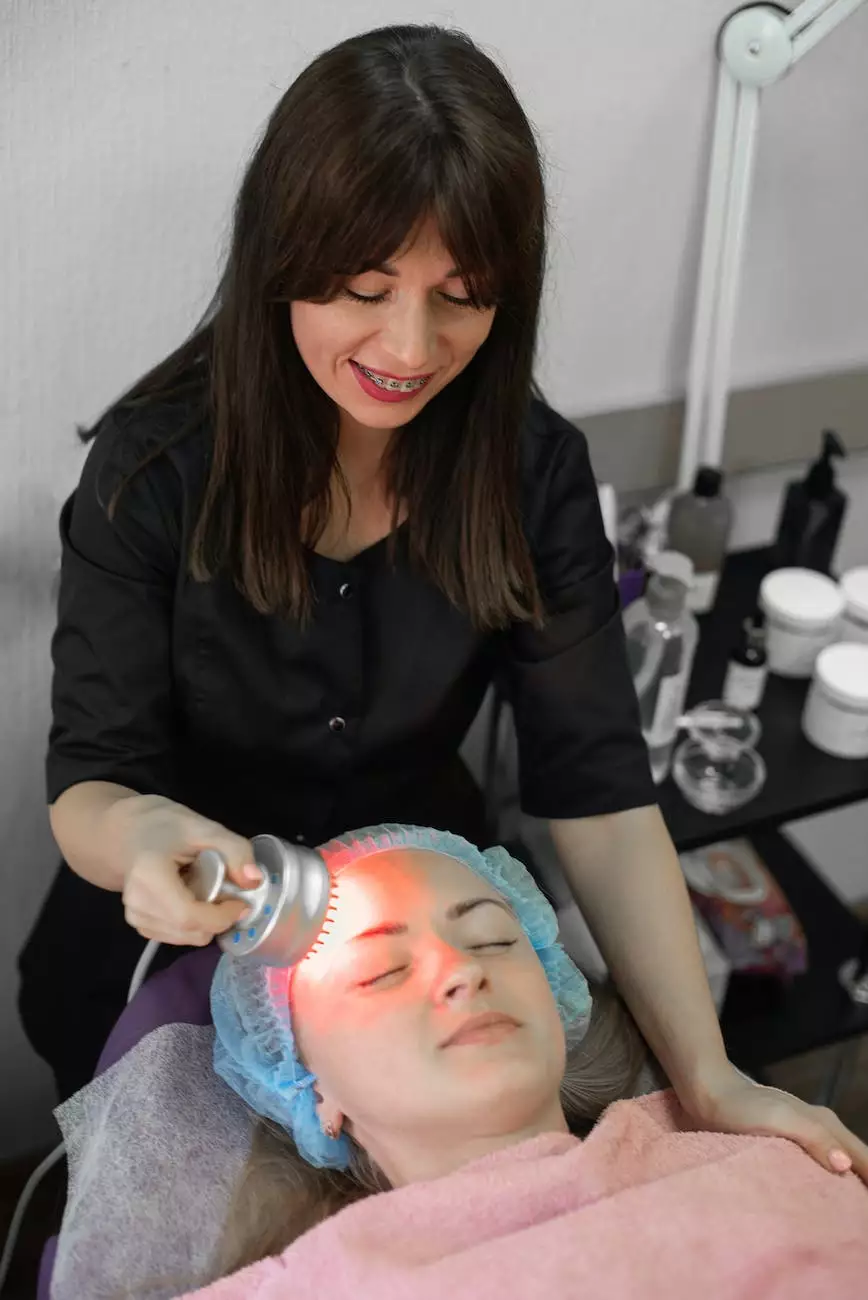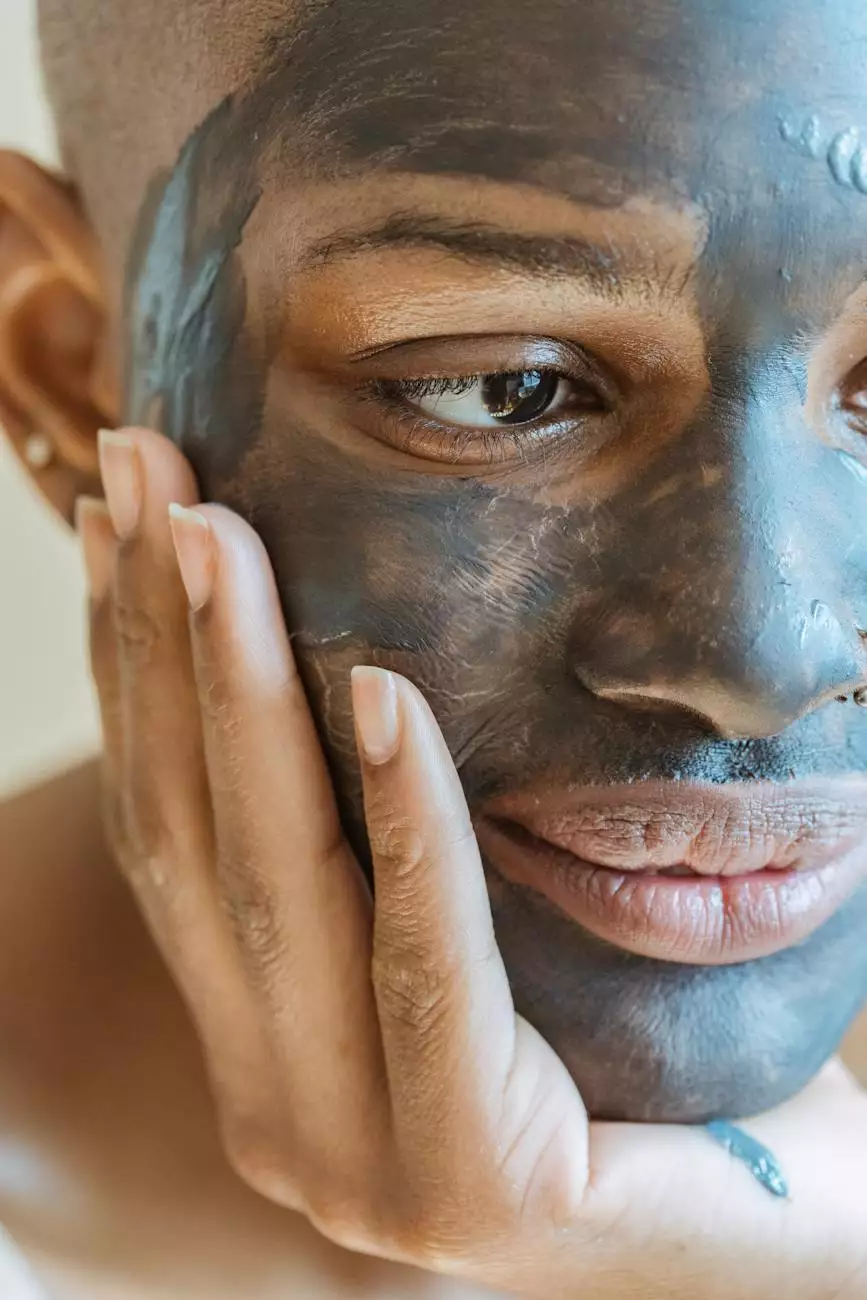Moles and Skin Tags: A Comprehensive Guide by Orlando Dermatology Inc
Skin Care
Mole and Skin Tag: What Are They?
Moles and skin tags are common dermatological conditions that can affect anyone, regardless of age or gender. Understanding what they are, their causes, and treatment options can help you make informed decisions about your skin health.
Understanding Moles
A mole, also known as a nevus, is a growth on the skin that develops when melanocytes (pigment-producing cells) grow in clusters. Moles can appear anywhere on the body and are usually dark in color, ranging from brown to black. While most moles are harmless, some may require medical attention if they show signs of change or are atypical.
Common Types of Moles
There are various types of moles, including:
- Junctional Moles: These moles are commonly found in childhood and appear as small, round, and evenly colored spots on the skin's surface.
- Compound Moles: Compound moles project above the skin's surface and are typically light brown in color.
- Dermal Moles: Dermal moles are raised, flesh-colored, and often have hair growing from them. They may gradually darken over time.
- Halo Moles: Halo moles are characterized by a pale ring or halo surrounding a darker pigmented mole.
- Dysplastic Moles: Dysplastic moles, or atypical moles, may have irregular borders, asymmetrical shapes, and various colors. These moles are associated with an increased risk of developing skin cancer and should be monitored closely by a dermatologist.
Skin Tags: What Are They?
Skin tags, medically known as acrochordons, are benign, soft, and non-cancerous growths that hang off the skin. They often appear where friction occurs, such as in the armpits, neck, or groin area. Skin tags are typically flesh-colored and can vary in size from a few millimeters to several centimeters in diameter.
Causes of Skin Tags
The exact cause of skin tags is unknown, but several factors can contribute to their development, including:
- Friction: Areas of the skin that experience frequent rubbing or friction, such as skin folds, are more prone to develop skin tags.
- Age: Skin tags are more common in middle-aged and elderly individuals.
- Weight Gain: Obesity or sudden weight gain can increase the likelihood of developing skin tags.
- Hormonal Changes: Hormonal fluctuations during pregnancy or in individuals with certain medical conditions can trigger skin tag growth.
Treatment Options
If you are concerned about a mole or skin tag, it is important to consult with a qualified dermatologist like Dr. Arthur F Smith. As an experienced dermatologist at Orlando Dermatology Inc, Dr. Smith offers a range of effective treatment options to address moles and skin tags:
1. Observation
If a mole or skin tag is not causing any discomfort or signs of concern, your dermatologist may recommend monitoring it for changes over time. Regular self-examination and professional evaluations will ensure any potential issues are promptly addressed.
2. Excision or Surgical Removal
If a mole exhibits atypical features or is suspected to be cancerous, your dermatologist may recommend surgical removal. This procedure involves numbing the area with local anesthesia and cutting out the mole or skin tag. The removed tissue is then sent for further examination.
3. Cryotherapy
Cryotherapy involves freezing the mole or skin tag with liquid nitrogen. This treatment causes the growth to blister and fall off over time. Cryotherapy is commonly used for smaller moles or skin tags.
4. Electrocautery
Electrocautery uses an electrical current to burn and remove moles or skin tags. Your dermatologist will use a precise instrument to target the growth, ensuring the surrounding skin remains unaffected.
5. Laser Therapy
Laser therapy utilizes focused laser beams to break down the cells within moles or skin tags. This treatment option is particularly effective for larger or more stubborn growths.
Trust Your Skin Health to Orlando Dermatology Inc
Orlando Dermatology Inc, headed by Dr. Arthur F Smith, is dedicated to providing exceptional dermatological care for patients in the Orlando area. With extensive experience in the field, Dr. Smith and his team offer personalized treatment plans tailored to address your specific skin concerns.
Don't let moles or skin tags affect your confidence and well-being. Contact Orlando Dermatology Inc today to schedule a consultation with Dr. Arthur F Smith and take the first step towards healthier skin.










